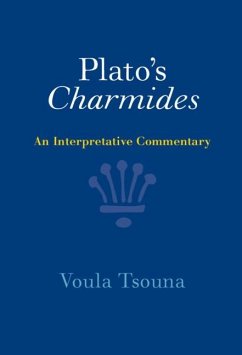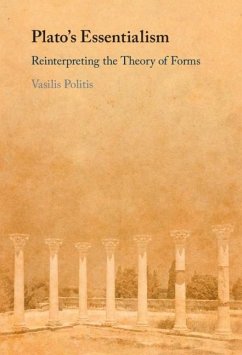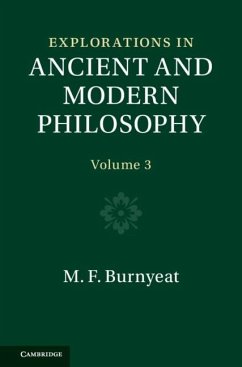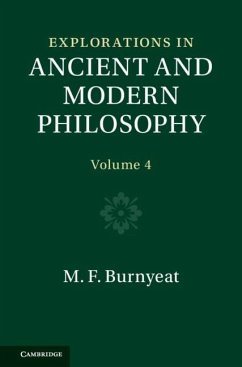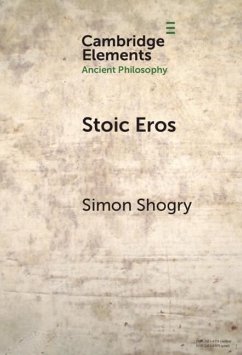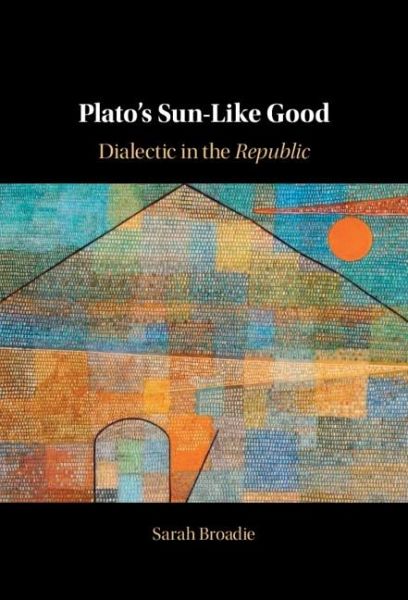
Plato's Sun-Like Good (eBook, PDF)
Dialectic in the Republic
Versandkostenfrei!
Sofort per Download lieferbar
23,95 €
inkl. MwSt.
Weitere Ausgaben:

PAYBACK Punkte
12 °P sammeln!
Plato''s Sun-Like Good is a revolutionary discussion of the Republic''s philosopher-rulers, their dialectic, and their relation to the form of the good. With detailed arguments Sarah Broadie explains how, if we think of the form of the good as ''interrogative'', we can re-conceive those central reference-points of Platonism in down-to-earth terms without loss to our sense of Plato''s philosophical greatness. The book''s main aims are: first, to show how for Plato the form of the good is of practical value in a way that we can understand; secondly, to make sense of the connection he draws betwe...
Plato''s Sun-Like Good is a revolutionary discussion of the Republic''s philosopher-rulers, their dialectic, and their relation to the form of the good. With detailed arguments Sarah Broadie explains how, if we think of the form of the good as ''interrogative'', we can re-conceive those central reference-points of Platonism in down-to-earth terms without loss to our sense of Plato''s philosophical greatness. The book''s main aims are: first, to show how for Plato the form of the good is of practical value in a way that we can understand; secondly, to make sense of the connection he draws between dialectic and the form of the good; and thirdly, to make sense of the relationship between the form of the good and other forms while respecting the contours of the sun-good analogy and remaining faithful to the text of the Republic itself.
Dieser Download kann aus rechtlichen Gründen nur mit Rechnungsadresse in A, B, BG, CY, CZ, D, DK, EW, E, FIN, F, GR, HR, H, IRL, I, LT, L, LR, M, NL, PL, P, R, S, SLO, SK ausgeliefert werden.




